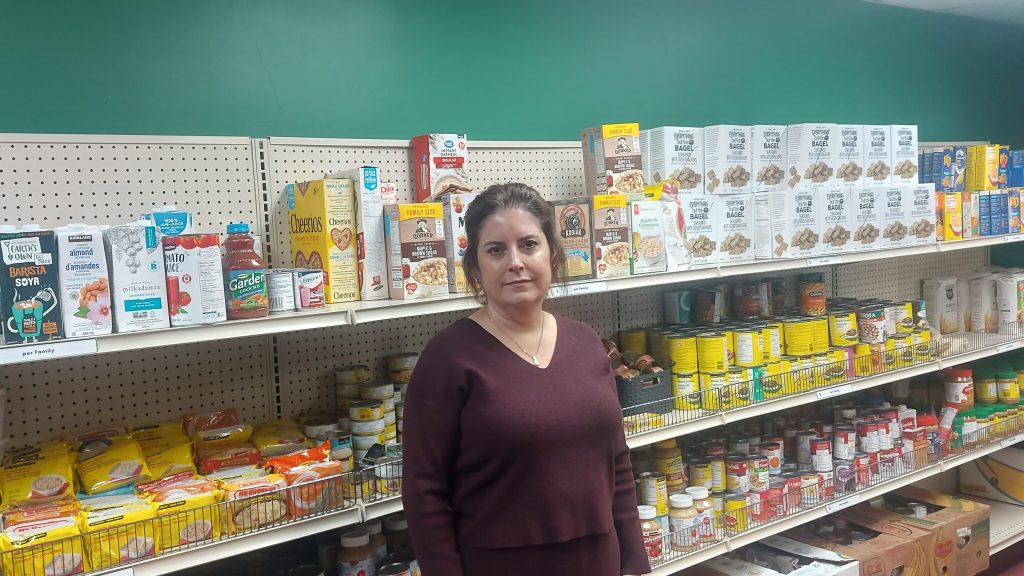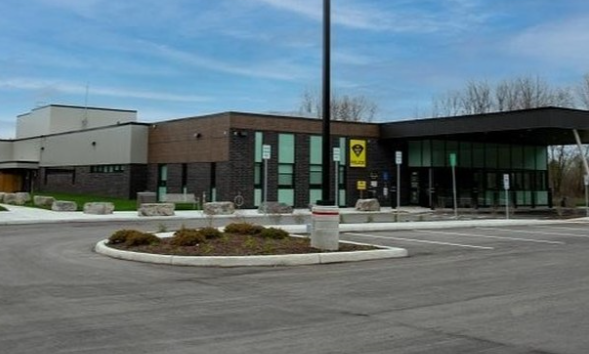Community support helps Cambridge Food Bank bounce back from fire

Posted Apr 16, 2024 06:03:04 AM.
Last Updated Apr 16, 2024 10:48:59 AM.
The Cambridge Food Bank is helping more people than ever before.
Just over a week ago, someone set fire to their condenser units for their walk-in fridges and freezer. The alleged act of arson left them scrambling to hand food out fast, to keep it from hitting the landfills.
Since then, the community has generously donated fresh food and funds to the organization to get them back on their feet.
Executive Director of the Cambridge Food Bank, Dianne McLeod, told CityNews 570 the community has been “fantastic” at answering their call for help. One company, called Due North, donated brand-new fridges and freezers after hearing about the incident over the radio.
“Their care is really just quite amazing. We had people dropping off fresh food so we that we could put it right in our emergency hamper program,” McLeod said. “It’s really just been a wonderful show of community support.”
McLeod said they lost little to no food to waste from the incident; staff were able to push weeks’ worth of frozen food out in a 24-hour span to people in need.
“We’re rebuilding our stock. A local company donated two skids of frozen meat, so we have some meat again. Our friends at Food Bank of Waterloo Region brought us cooler items, other people dropped off cooler items, strawberries and butter, bananas and apples, all kinds of great things.”
McLeod said the food bank wasn’t even closed for an hour, even though there was some damage to the outside of the building from the fire — which insurance is set to cover.
No one was hurt during the arson incident on April 8 but police estimated the cost of damage at $5,000. McLeod said they are still totalling the damage but it’s likely closer to $6,000 to $10,000.
By the end of this week, the food bank will likely have a solid supply of inventory again, McLeod said.
With spring food drives about to get started, McLeod is hopeful more people will start their own initiatives to donate to the Cambridge Food Bank.
“Typically before the pandemic we saw approximately between 600 to 800 families a month, 800 was typically in December when it’s our busiest time of year,” McLeod said. “We’re now, at this time of year, seeing just under 1,800 families a month. So that’s a thousand extra families a month coming in to see us, we need a lot of food to keep everyone’s tummies full.”








